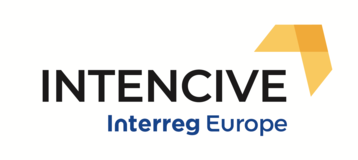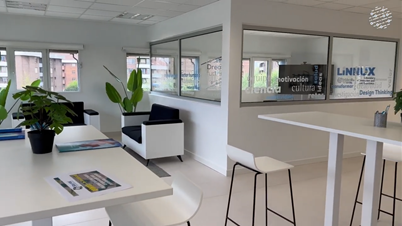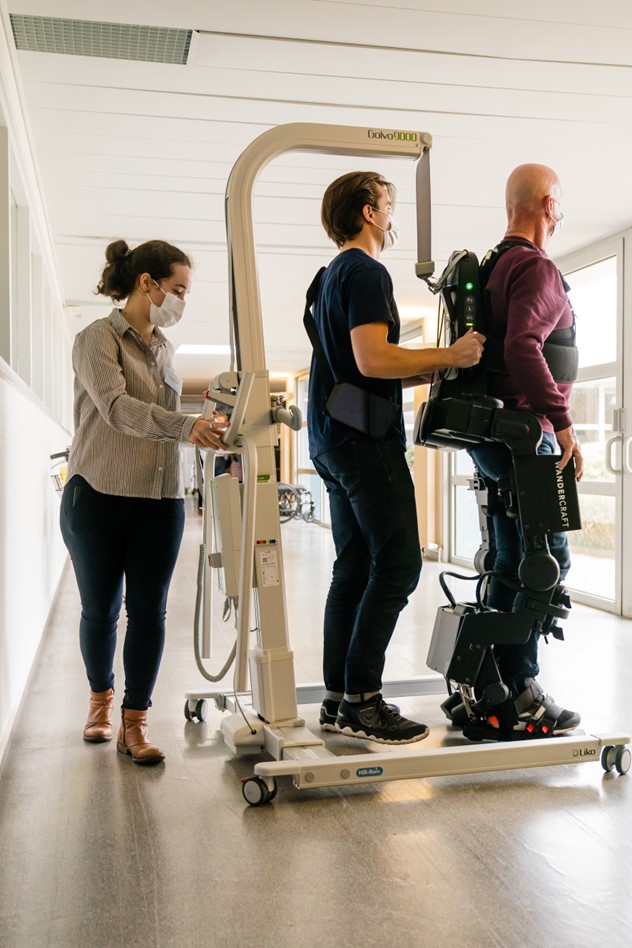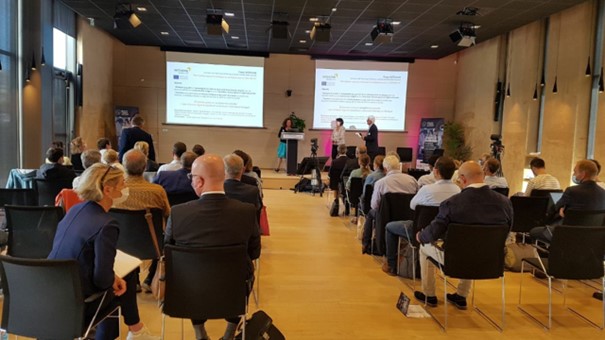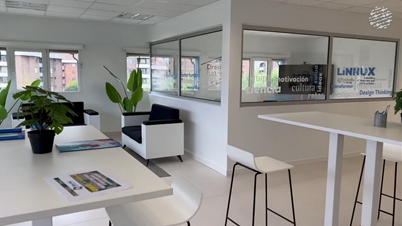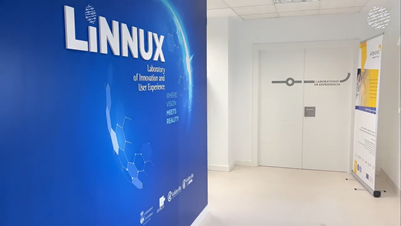An online study visit was hosted by the Health Research Institute Marqués de Valdecila (IDIVAL). The sessionwas attended by the INTENCIVE partner countries, some members of the regional stakeholder working groups as well as other people interested in the topics covered. In total, there were more than 40 attendees.
This meeting was focused on our ecosystem in e-health, and three good practices implemented in Cantabria were presented.
SCS Apps
Presented by Santiago García Blanco, General Director for Digital Transformation and User Relations at Cantabria’s Regional Health Department.
Corporate health applications for mobile devices. Tools created to improve accessibility to health services. The Apps presented are available for free download on the Apple Store and Google Play. Thanks to a double verification system (health ID + cl @ ve), citizens can access their health data (reports, tests, waiting lists, electronic prescription, etc.), as well as information on health centres and pharmacies of the area, or other matters of interest.
Jailfree-C / HONEST
Presented by Joaquín Cabezas. MD. Gastroenterology and Hepatology Department. University Hospital Marqués de Valdecilla.
JailFree C is an initiative that seeks to eradicate hepatitis C virus (HCV) infection in El Dueso prison by diagnosing, treating and following patients through a teleconsultation program between the prison doctor and the patient, in cases where it is needed, and the Digestive System of the HUMV. In addition to the consultation, access from El Dueso has been facilitated to the results of the necessary tests (laboratory, imaging, etc.) and to the hospital pharmacy, since the drug treatment is exclusively for hospital use.
It involves collaborative work between digestive and infectious disease professionals, social services, nurses, and prison doctors. Once the project was completed, the collaborative work continued until it became part of the usual clinical practice.
The HONEST project has the same objective as the JailFree C, aimed this time at a non-institutionalized population in the José Hierro Center for Penitentiary Institutions (CIS).
Hospital at home model at HUMV
Presented by Juan José Parra. Hospital at Home Service. University Hospital Marqués de Valdecilla.
Collaborative work with other HUMV cross-sectional units and changes in the surgical and care approach: minimally invasive surgery, early recovery programs, or the use of telemonitoring devices, have allowed patients to visit the hospital on an outpatient basis daily. The results of this change in the organizational model are mainly reflected in the patients who go through the hospital at home service, who value this mode of hospitalization very positively since they feel safe, less stressed and more involved in their recovery process.
